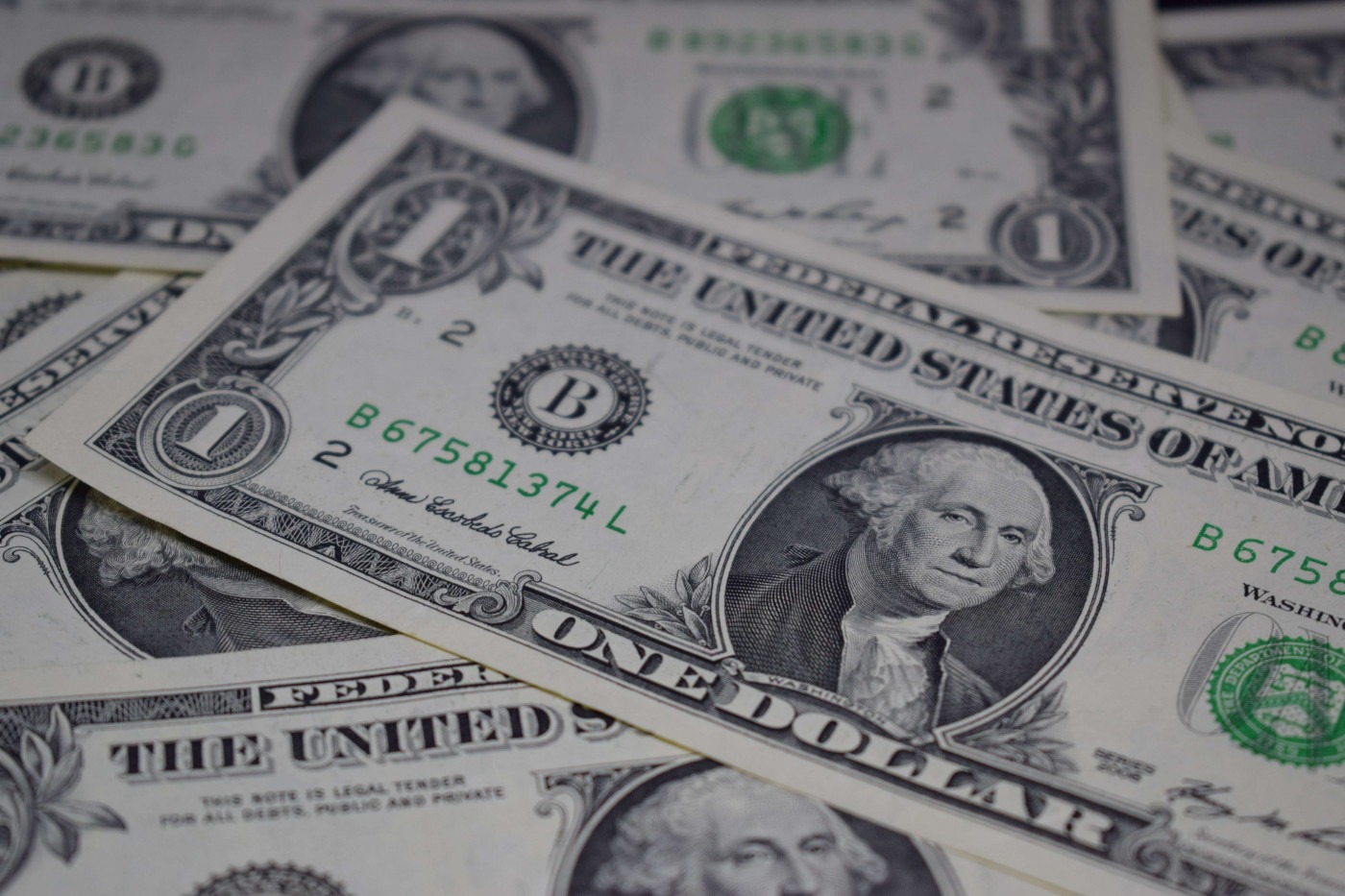Will we see de-dollarisation of the global economy?
Since China’s Xi Jinping and Russia’s Vladimir Putin met last month, there have been a lot of headlines about so-called de-dollarisation — moving the global financial system away from reliance on the dollar to some other alternative (which President Xi would love to be the yuan). This is not an entirely new story, but it’s taken on increased urgency as of late, which begs the question of whether there could realistically be the de-dollarisation of the global economy.
The US dollar functions as the world’s most important reserve currency, which grants it a special status and a lot of privileges around the world. A reserve currency is one that is traded and accepted across the world, and this fact makes these currencies much safer than others — for this reason, states and banks tend to hold significant amounts of them in reserve (hence the name). The US dollar has held the top position since the end of World War II, and around 50% of all transactions are denominated in dollars. Obviously, this setup massively favours the US – it has more purchasing power and can borrow more money as a result of the privilege afforded by its world reserve currency status to influence the global financial system.
The US dollar has held the top position since the end of World War II, and around 50% of all transactions are denominated in dollars
Thus, it’s no surprise that China and Russia have been the countries predominantly pushing against it — indeed, in 2009, Russian PM Dmitry Medvedev proposed a ‘super-currency’ to replace the dollar on the global level and reduce US power. But the first genuine step to challenge the dollar came recently, as Putin pledged to use the Chinese yuan for payments between Russia and Asian, African, and Latin American countries. This is in part a move to shore up the Russian economy, which cannot use the dollar or euro due to sanctions, and China is certainly happy to bring another nation into its orbit in a way it can control and influence.
This does not necessarily matter in isolation — the dollar is far from the only global currency, after all. But it has come amid a selection of other headlines about Brazil, Saudi Arabia and other countries moving away from the dollar, and this has led to some panic in the US — various financial experts have suggested that the US economy might collapse, payments on deficits could become unsustainable, and the country could lose its superpower status if the dollar was replaced as the world’s reserve currency.
However, there is a sense that such worry may be very premature. Russia and China have made similar announcements in the past as they sought to challenge the US’ financial hegemony, and it’s only really being perceived as serious now because of the background of Ukraine and Taiwan. The connection between Brazil and China is one that has previously been announced, in both 2009 and 2013, and there was no follow-through. Indeed, even the unexpected story of a French company seemingly opting for yuan for LNG purchases is in fact based on the dollar.
The yuan is in no way comparable to the dollar — it only makes up 3% of global currency portfolios, and just 2% of international trade is denominated in yuan (compared to 60% and around 90% respectively for the dollar). China aims to increase the use of the yuan around the world, particularly as the US banking system undergoes some turmoil, but it would need to allow an unprecedented level of international access to its currency markets if the yuan were to replace the dollar, something that would massively and negatively impact its economy. There are even questions about whether China trusts its own currency — its current growth models benefit from the dollar’s global reserve currency status, and it funds the majority of its Belt and Road Initiative projects in dollars.
It is interesting to explore the question of whether de-dollarisation could happen, and it’s certainly possible that another currency will replace it in the future
It is interesting to explore the question of whether de-dollarisation could happen, and it’s certainly possible that another currency will replace it in the future. But at the moment, there’s practically zero chance that the dollar is going anywhere. However, if more countries look to trade in other currencies and reduce their exposure to the dollar, fearing a weaponisation of the currency, then things could radically change in the global financial order. Zongyuan Zoe Liu, fellow for international political economy at the New York-based Council on Foreign Relations, said: “If the question is whether a more diversified currency system is good or bad, I will say it’s better that we have one standard currency to do business as it has worked well so far. But the condition for that would be that the United States does not weaponise the dollar.”

Comments